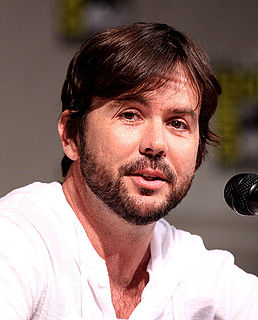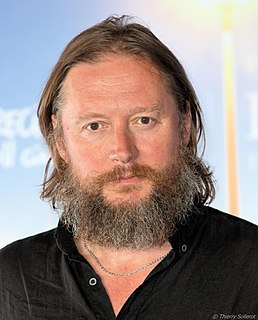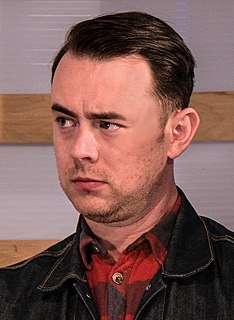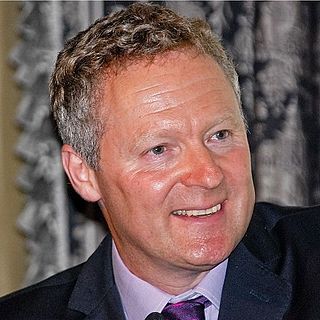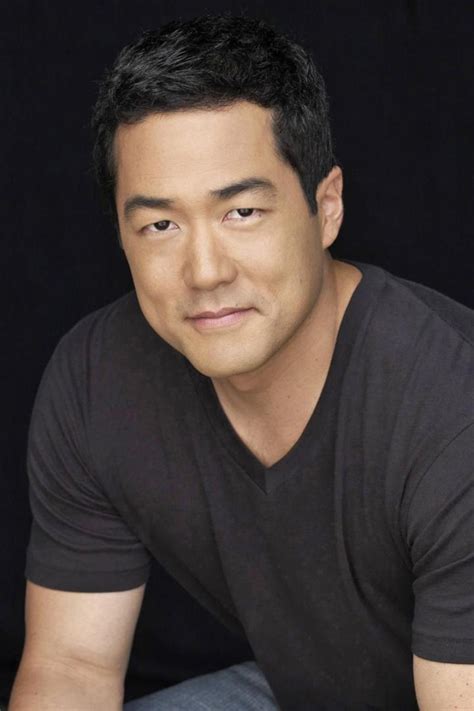A Quote by Miranda Otto
Some scripts you read and say, 'I've just got to do this' and you find a way of making it work. Some things you turn down because of the impact on family.
Related Quotes
I got very lucky that some of the things that I wanted to work did work. Not because I knew what I was doing, just through dumb luck, it just looked beautiful and sounded great and captured some magical mood. And you just have to hope that you get lucky when you do big things like making a movie, or something.
A lot of actors choose parts by the scripts, but I don't trust reading the scripts that much. I try to get some friends together and read a script aloud. Sometimes I read scripts and record them and play them back to see if there's a movie. It's very evocative; it's like a first cut because you hear 'She walked to the door,' and you visualize all these things. 'She opens the door' . . . because you read the stage directions, too.
I find most American films annoy me because their third act tends to be tying up loose ends and returning to moral values and killing the monster. I think most of the scripts I read to tend to go in that direction and I find that very, very unsatisfying. I want the stories to have loose ends and to pose some questions - or even say things that aren't too comfortable.
You find actually over the years that you get attributed with a lot of things you didn't do and you don't get reported on a lot of things you did do and I must say, when I read some of these things I wonder where the journalists get them from. They generally speak to somebody who's spoken to somebody who was down the back of a pub who heard the barman say, and gradually finds its way into magazines or articles but no, that's not the case.
We had some pretty good at-bats off Carpenter. We just couldn't find any holes. That's the way it goes sometimes. We were able to get some guys on but weren't able to get them in early. We did some little things right, we got some guys on, we got some walks. We take it one batter at a time and everybody tries to stay within their own limitations. We did that, we just didn't get the big hit to get them in.
Normally my process is to sit in a room and read a script and talk about it and ask questions and just create a dialogue. That goes all the way through shooting. All kinds of thoughts and ideas can find their way in there. As long as you're all on - We're just all trying to tell the story so my job as a director is just to find out what this film wants to be based on, it's just words on a page at some point but then it just needs to go to some level of believable storytelling. I'm discovering the film as I make it, to some degree.
Each one is different. Each project is different. Some are silly, some are not. Some are more realistic, some are not. Some are overly dramatic, some are not. You've just got to try and find the thing that's most engaging and entertaining in whatever way, shape or form, and it's different every time.
If you have things or are involved with things that turn on, it's going to have code. And there are so many people - let's pick on the historians - even as a historian, let's say I ended up going the road of being a historian, just knowing some basic scripts, any kind of automation would have made me a 10 times better historian because I wouldn't have to sit there changing every file name to "1234" and then "12345." It can have a transformative value.


